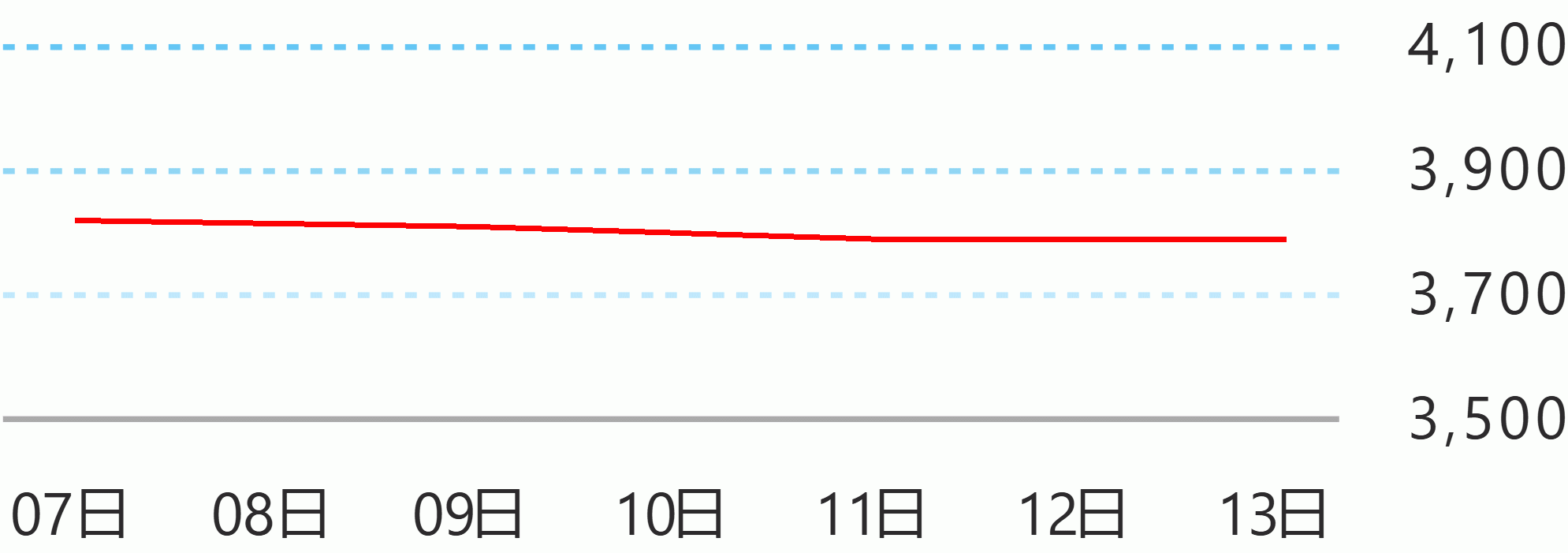"Greater participation" of Japan Self-Defense Forces (JSDF) on Humanitarian Assistance and Disaster Response (HADR) in the Philippines is expected once the Reciprocal Access Agreement (RAA) is implemented, Defense Secretary Gilberto Teodoro Jr. said on Monday.
During the public hearing of the Committee on Foreign Relations presided by Senator Imee Marcos, Teodoro did not say how many Japanese forces are expected to come into to the Philippines as well as the number of Filipinos who will go to Japan for training and other activities in the next five years after the approval of the RAA but he noted that the JSDF will be on standby for HADR if a disaster hits the country.
"There is no (number or information on that) yet, but from what we know, they're on standby for greater participation in HADR in case of a calamity," he said responding to the question of Marcos.
Marcos later announced that after the hearing went into executive session, the committee sent the RAA to the plenary for ratification, dzBB reported.
She said Teodoro clarified several issues in the RAA especially on the jurisdiction of the Philippines over JASDF.
In his opening statement, Teodoro expressed hope for the soonest ratification of the agreement which has a total of 29 articles including "a distinct article on respect for laws and regulations of the receiving state."
He also noted that "none of the articles in the RAA shall be construed to mean an amendment of any domestic law or much, much less a constitutional provision."
Teodoro said "Article 4 states clearly that it is not a military basing agreement which is prohibited under our laws. Another article is determinative of weapons, explosives, ammunition and dangerous goods and its proper handling, entry, handling and disposition" while "Article 20 is a new article which was insisted on by the Philippine side and acceded to by Japan, which mandates environmental protection and respect for cultural and indigenous people's rights."
He also highlighted Article 21 which "includes the command and control and disposition of criminal and disciplinary cases" which is supplemented by an annex and agreed minutes."
Teodoro said the government views the RAA as part and parcel of the country's "strategic partnership with Japan and as a logical conclusion to the development of interoperability between the Japan Self Defense Force and the Philippine armed forces in pursuance of mutual training, change of technologies and other enhancement activities which are of benefit to both parties."
"As we know, Japan is also a supplier of domain awareness capabilities to the Philippines. It also is disallowed from engaging in offensive military activities, just like the Philippine Armed Forces, it is a heavy contributor to humanitarian assistance and disaster response and as well as resilience in so far as our communities are concerned," he said.
"Therefore, it was deemed proper that defense and security cooperation and a reciprocal access agreement be entered into so that our personnel can train side by side and exercise scenarios side by side in the aim of increasing trust and confidence amongst each other," he added. Robina Asido/DMS





 English
English









